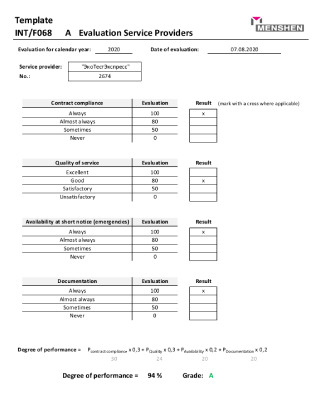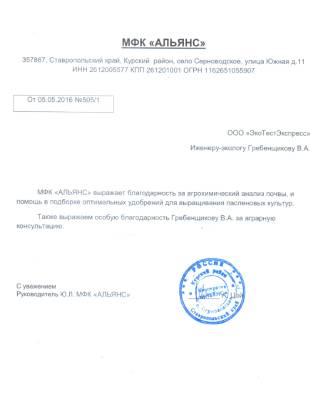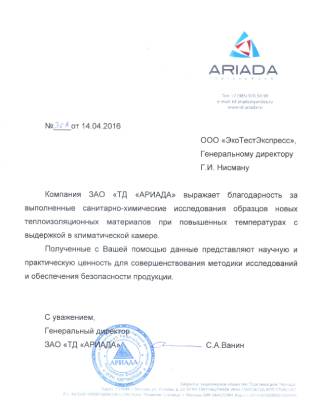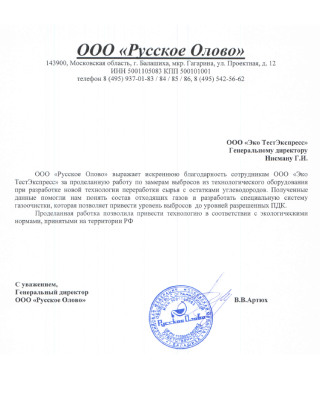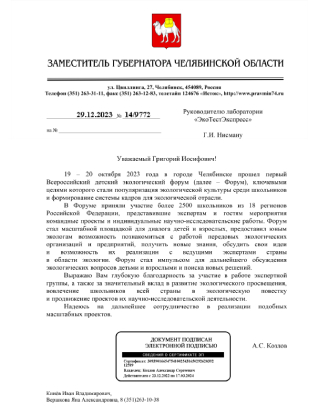
The Impact of 5G on Our Digital Future
The introduction of 5G technology is one of the most significant advancements in mobile communications to date. As we step into this new era of connectivity, the The Impact of 5G on Online Casino Games Nagad88 login experience is becoming faster and more efficient. This next-generation wireless network promises to revolutionize multiple sectors, from healthcare and education to transportation and entertainment. As we explore the various impacts of 5G, it’s imperative to understand not only the benefits but also the challenges that come along with it.
Enhanced Speed and Connectivity
The most noticeable feature of 5G technology is its enhanced speed. Theoretically, 5G can achieve speeds of up to 10 Gbps, drastically surpassing the current 4G LTE speeds of 100 Mbps. This increase in speed allows for quicker downloads, smoother streaming, and real-time data sharing, significantly improving user experience. High-definition videos can be streamed without buffering, and online gaming can become instantaneous, thus appealing to a broader audience.
Impact on Healthcare
In the healthcare sector, 5G technology has the potential to drastically improve patient care. With real-time data transmission, healthcare providers can monitor patients remotely, allowing for timely interventions and reducing the need for hospital visits. Surgical procedures can also benefit from 5G, with the possibility of remote surgeries facilitated by robot-assisted technologies that operate seamlessly over high-speed networks. This innovation could be particularly beneficial in rural or underserved areas where access to specialized medical care is limited.
Smart Cities and IoT Integration
5G serves as the backbone for the development of smart cities, where various devices and systems are interconnected to improve urban living. From intelligent traffic management that reduces congestion to smart waste management systems that optimize collection routes, the Internet of Things (IoT) thrives on the speed and reliability that 5G offers. Furthermore, with the integration of smart grids, energy consumption can be monitored actively, promoting efficiency and sustainability across urban landscapes.
Transportation & Autonomous Vehicles
The transportation sector is on the brink of a major transformation due to 5G technology. Autonomous vehicles rely on real-time data exchange with other cars, traffic systems, and infrastructure to navigate safely. 5G’s low latency ensures rapid communication, crucial for the operational efficiency and safety of self-driving cars. Additionally, 5G can enhance public transportation systems by providing passengers with real-time updates and optimizing routes based on current traffic conditions.

Implications for Education
As education increasingly shifts towards digital platforms, 5G technology provides an opportunity to enhance learning experiences. Teachers can utilize virtual and augmented reality tools to create immersive learning environments, while students can access high-quality online courses without interruptions. This technological leap has the potential to bridge educational gaps, making learning more accessible and engaging for students in remote locations.
Challenges and Concerns
Despite its advantages, the rollout of 5G comes with challenges and concerns. The deployment of 5G infrastructure requires substantial investment, and disparities in investment can lead to inequalities in access. Furthermore, there are ongoing debates regarding the health implications of increased exposure to radiofrequency radiation. While comprehensive studies have shown that 5G is safe at regulated exposure levels, public anxiety persists. Addressing these concerns through transparency and education is vital for gaining public trust.
Security Issues
The expansion of connected devices through 5G also raises significant cybersecurity concerns. More devices mean more potential entry points for cyberattacks. As organizations integrate 5G into their operations, ensuring robust security measures is paramount to safeguard sensitive data. The industry must prioritize the development of security protocols and standards to mitigate risks associated with this new, interconnected era.
The Future Outlook of 5G
As 5G continues to expand globally, its impact will be felt across various sectors of society. The economic potential is enormous; estimates suggest that 5G could contribute significantly to global GDP within the next decade. Businesses, organizations, and individuals stand to benefit from increased connectivity, but it is crucial to remain vigilant about the associated risks. Ongoing innovations in infrastructure, security policies, and public awareness will shape the trajectory of 5G technology in the years to come.
Conclusion
The impact of 5G on society cannot be overstated. It is poised to transform how we communicate, learn, work, and live. By addressing the challenges head-on, we can harness the full potential of this technology, paving the way for a more connected, efficient, and equitable future. As we embrace this technological revolution, it is essential to remain informed, adapted, and proactive to ensure that the benefits of 5G are realized by all.











